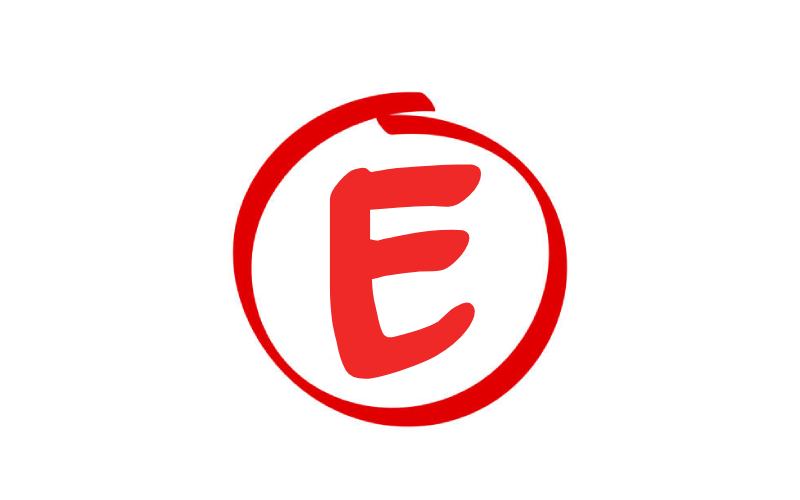×
The Standard e-Paper
Kenya’s Boldest Voice

Imagine if you, your child or a close relative scored an E in the Kenya Certificate of Secondary Education (KCSE) examination. How would you feel?
In Kenya, grade E is considered a death sentence in one's academic and career life. Most view candidates who score E as total academic failures. In most circumstances, scoring an E attracts scorn from teachers, classmates, friends and even family.